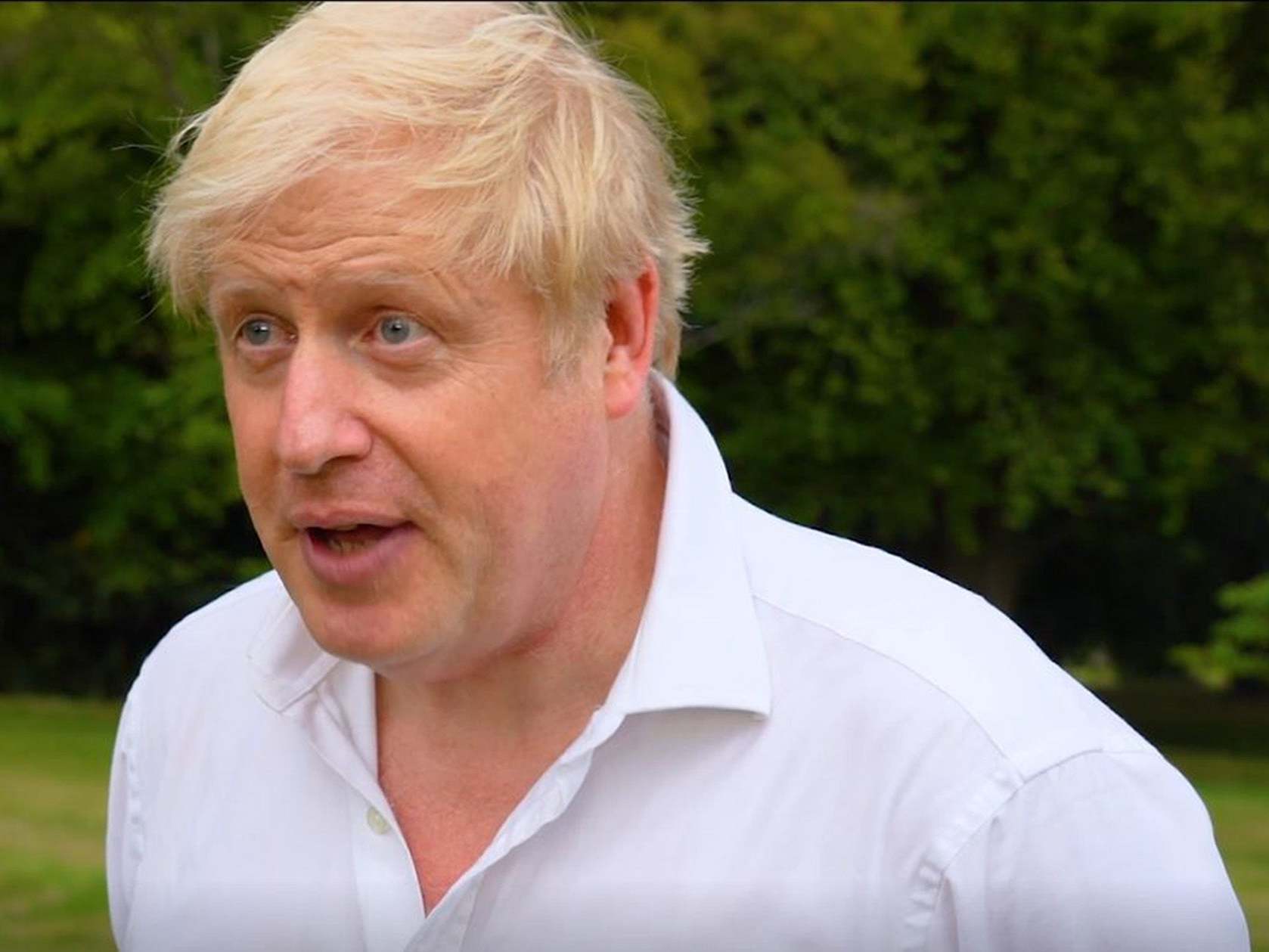Could a tax on junk food really work?
As Boris Johnson pledges to spearhead an anti-obesity campaign, Sean O'Grady looks at whether ‘sin’ taxes are effective


A tax on sugary and fatty foods, currently ruled out by the government, is certainly controversial. Unusually, all the main political parties, including the nationalists in Scotland and Wales, have no firm proposals to bring in such a levy, though all favour increasing restrictions on the promotion of junk food, as Boris Johnson has just announced, and its availability close to schools. Labour, at the last election, promised to extend the current tax on pop to flavoured milkshakes, but that was the limit to its radicalism.
It is a little puzzling. If high-sugar drinks are taxed, why not high-sugar foods? Or high-fat foods? George Osborne, after all a Conservative, brought the tax in with little hesitation in 2016, and it has been judged a success.
Raising revenue while constrained from pushing up income tax and other highly unpopular moves was also a factor for Osborne, as it is for the present government and its manifesto commitment not to alter the main tax rates. The Treasury may still be attracted to a junk food tax, given the state of the public finances, as is the Department of Health and Social Care for obvious reasons, but No 10 seems against.
Yet the economic principle behind “sin taxes” is well understood, and accepted by many libertarians. As with alcohol, motoring, gambling and tobacco, for example, the activities of free individuals can impose costs on their unwilling fellow citizens – pollution, burdens on the NHS and financial ruin for families in some cases. The taxes and duties are designed to account for such “externalities”. Given that junk food results in obesity, with all its risk factors and effects, including for civic comorbidity, the case for a tax on unhealthy food seems clear.
The public seems to have accepted the extra cost of their Pepsi and Coke, and manufacturers have developed lower sugar variants, but the politicians and public alike have an historic aversion to directly taxing any foodstuff. Yet this is neither absolute now, nor widely felt in the past.
The most powerful argument is that food taxes are regressive, hitting the poor hardest, taking no account of income. But the counterargument is that it might encourage a switch to healthier snacks, and incentivise firms to make their products lower in fat and in sugar (as happened with fizzy drinks).
In broad terms, there is already some tax on sugary and fatty food because while VAT on “food” is zero-rated, and fiercely defended, the full 20 per cent whack is levied on “confectionery” – chocolates, sweets and biscuits, including chocolate ones – but not on cakes (hence the long-running definitional arguments about the Jaffa Cake). Before VAT was brought in in 1973, sweets hadn’t been taxed for 10 years, but go back further and they had been and were rationed.
As for, say, a burger or a curry, you already pay VAT, as you do on hot takeaways, though it is now being reduced temporarily to a minimal 5 per cent to boost the hospitality sector. On the other hand, a cold beef sandwich, eaten off the premises, carries no VAT. An attempt to regularise the anomalies of hot, warm, “ambient” and cold food gave rise to the “pastygate” furore, part of Osborne’s infamous omnishambles Budget of 2012. It was a salutary lesson for leaving well alone.
Britain has imposed taxes on various “luxury” commodities over the years, for revenue and protecting imperial aims, including tea (which gave rise to the Boston Tea Party of 1773, and the American Revolution). Sugar was taxed from 1763, again with fevered effects on the loyalty to the crown among North American colonists. There is some irony that their descendants are telling the British to accept the likes of the chlorinated chicken today.
A system of preferential tariffs for Empire and then Commonwealth produce was pursued from 1932 until Britain joined the European Community in 1973. Since then, sometimes punitive import duties have been imposed on non-EU imports to the UK. These will end in January (it is planned), but the UK will then impose its own tariffs, though some unchanged. Thus, bars of chocolate from anywhere coming into Britain will have an 8 per cent tariff, a little lower than now – but will (as things stand) apply, of course, to imports from the EU. Go back much further and you meet the notorious corn laws, which looked after the farmers but not the consumer relying on their staple bread. The laws also devastated the Irish population with the famines of the 1840s.
Again these have an impact on food prices, even under a zero-VAT regime. Maybe the smart thing to do would be for “Global Britain” to increase the cost of the imported raw materials that end up in junk food as a partial way of raising the costs of such foods, without anyone much noticing. You might call it a stealth tax.
Join our commenting forum
Join thought-provoking conversations, follow other Independent readers and see their replies
Comments